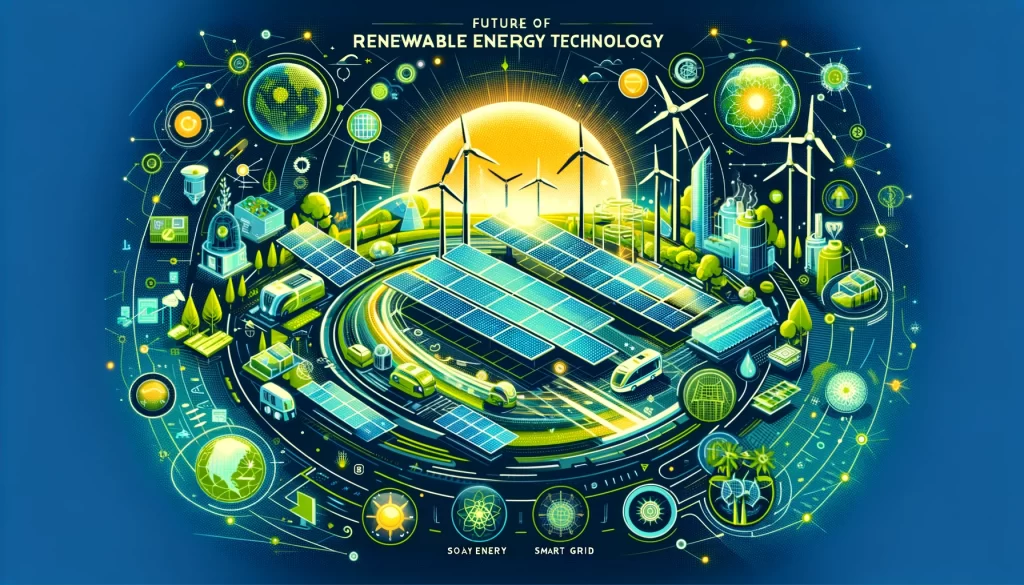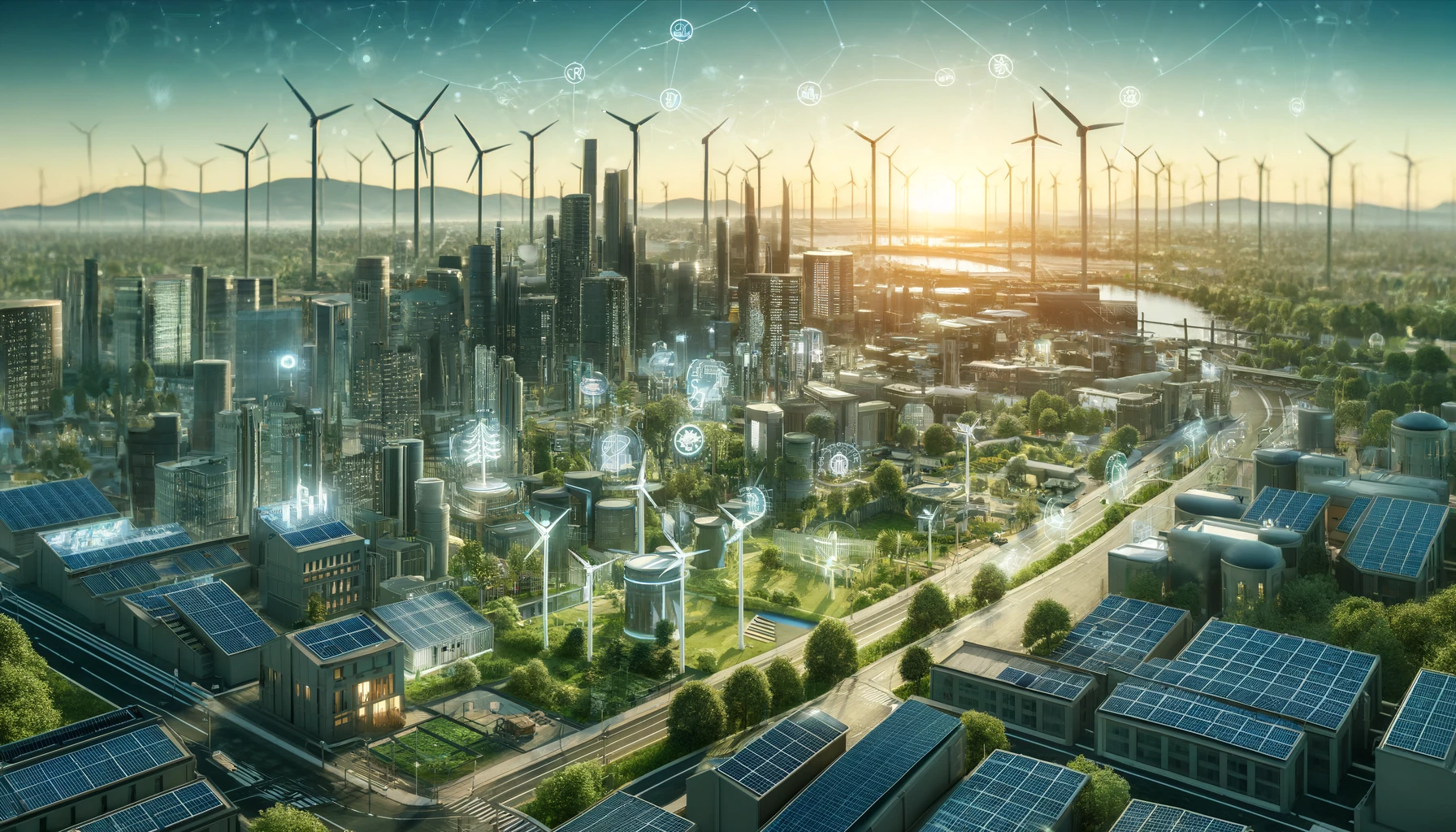The future of renewable energy is bright and booming with potential. As we move further into the 21st century, innovations in renewable energy technologies are advancing at an unprecedented pace, promising a more sustainable and energy-efficient world. This comprehensive exploration delves into the latest developments and future trends in the renewable energy sector, emphasizing how these technologies will shape our environmental, economic, and social landscapes.
The Current Landscape of Renewable Energy
Renewable energy sources like solar, wind, hydro, and biomass have become significant contributors to global energy supply, driven by the urgent need to reduce greenhouse gas emissions and combat climate change. As of 2024, these technologies are not just alternatives but essential mainstays in global energy strategies.
Key Statistics:
- Solar Power: Solar installations have doubled in capacity every couple of years, significantly reducing costs.
- Wind Energy: Wind energy has seen a 15% increase in efficiency due to better turbine designs and offshore wind farm expansions.
- Hydroelectric Power: Continues to provide a substantial percentage of the world’s renewable energy, with innovations focusing on minimizing ecological impacts.
Advancements in Solar Technology
Solar power technology is leaping forward with the development of more efficient and less obtrusive photovoltaic cells. Innovations such as bifacial solar panels, which capture sunlight from both sides, and thin-film technology are paving the way for more versatile applications and integration into everyday objects.
Future Trends:
- Building-Integrated Photovoltaics (BIPV): New buildings will have solar technology integrated directly into windows, roofs, and facades.
- Solar Fabric: Researchers are developing materials that can generate electricity from solar energy, which could be used in clothing or portable chargers.
Wind Energy Innovations
Wind energy is witnessing revolutionary changes with the advent of floating wind turbines and improvements in turbine efficiency and energy storage solutions. These advancements allow for deeper offshore installations, tapping into steadier and stronger winds.
What’s Next:
- Enhanced Turbine Efficiency: Ongoing improvements in blade design and materials are making turbines more efficient and less prone to wear.
- Hybrid Systems: Combining wind with other renewable sources to ensure consistent energy supply regardless of weather conditions.
The Rise of Bioenergy
Bioenergy is gaining traction as a viable renewable option, particularly in handling waste management and reducing landfill use. Innovations in bioenergy utilize organic materials more efficiently, converting waste from agriculture, forestry, and households into energy.
Innovative Approaches:
- Gasification and Pyrolysis: Advanced techniques for turning waste into bioenergy with fewer emissions.
- Algae Biofuel: Algae grows quickly, absorbs CO2, and can be converted into biofuel without competing with food crops for land.
Smart Grids and Energy Storage
The integration of smart grids and improved energy storage technologies is critical for managing the variability of renewable energy sources. Smart grids help balance supply and demand, optimize energy consumption, and improve the overall efficiency and reliability of the energy system.
Technological Advances:
- Battery Technology: Developments in solid-state and flow batteries offer higher capacities and faster charging times.
- Grid Modernization: Upgrades to infrastructure that allow more precise control of energy flows and integration of distributed energy resources.
Challenges and Opportunities

While the trajectory for renewable energy technology is promising, challenges such as storage, transmission, and scale remain. Addressing these will require coordinated global efforts, policy innovation, and continued technological advancements.
Conclusion
The future of renewable energy technology is not only about generating energy more sustainably but also about integrating this energy into our daily lives in a seamless and efficient manner. As we look to 2024 and beyond, the potential for renewable energy to power our world cleanly and efficiently is limitless, driven by relentless innovation and the global commitment to a sustainable future.

